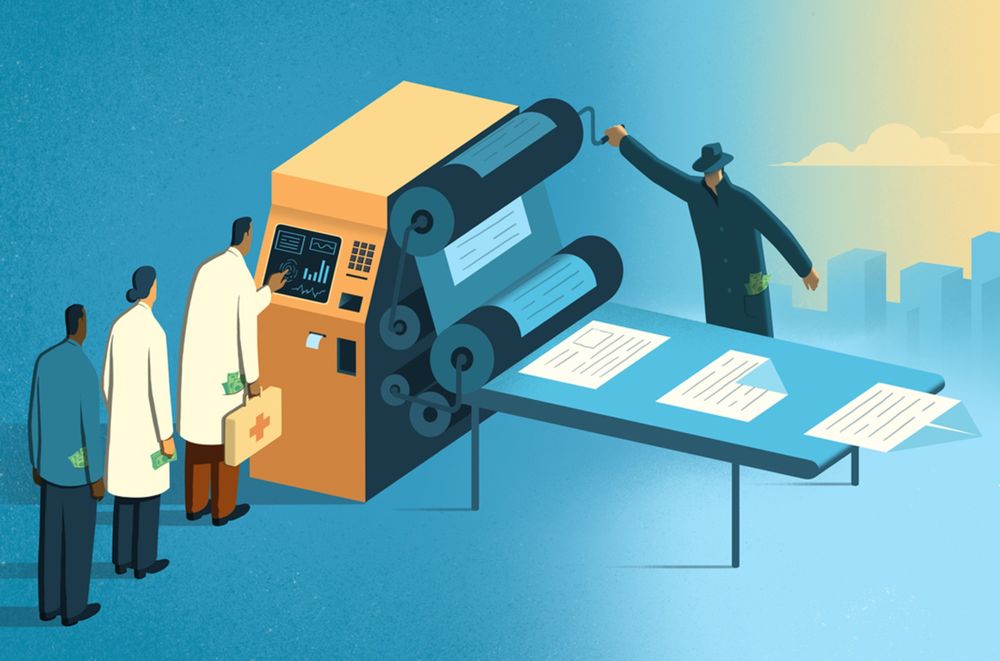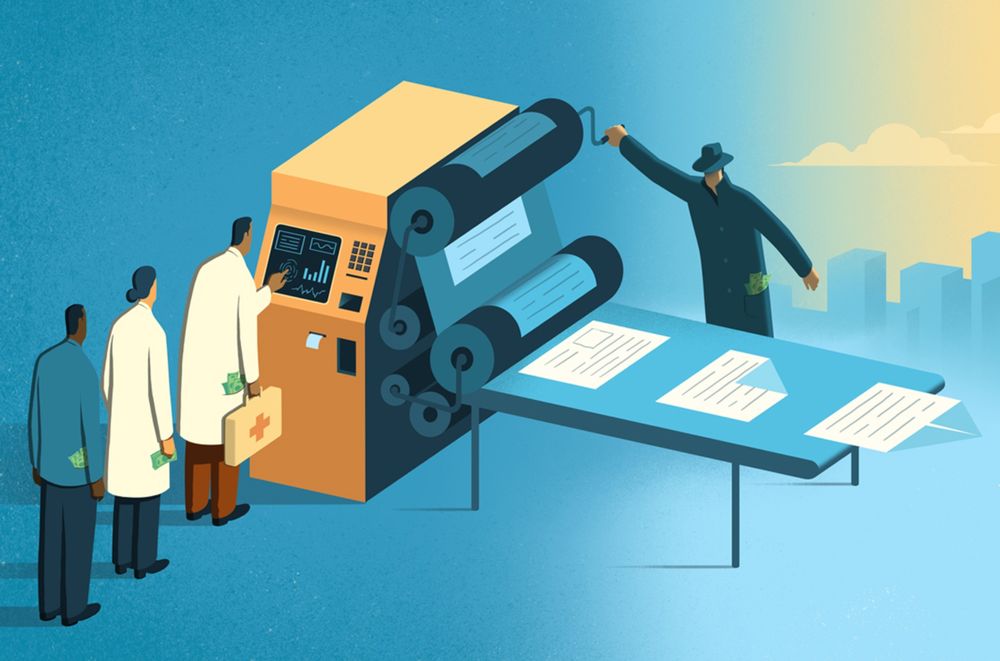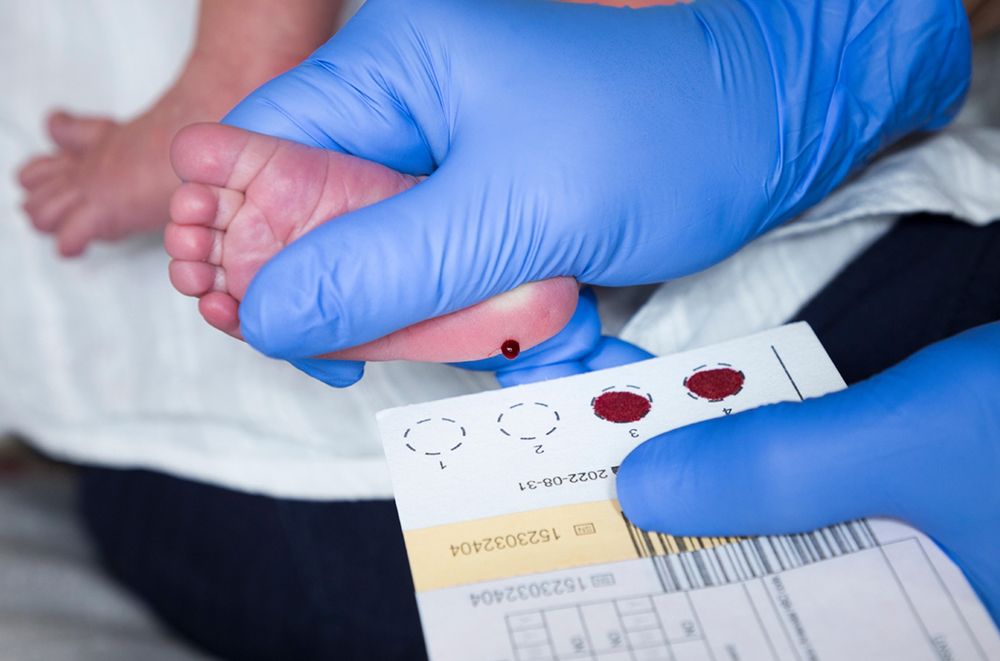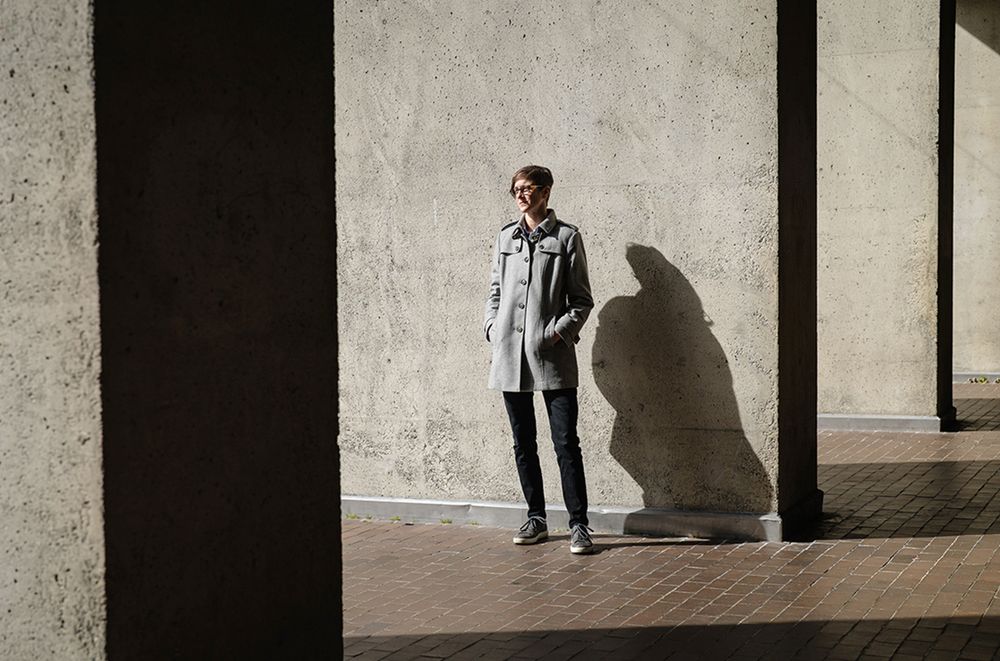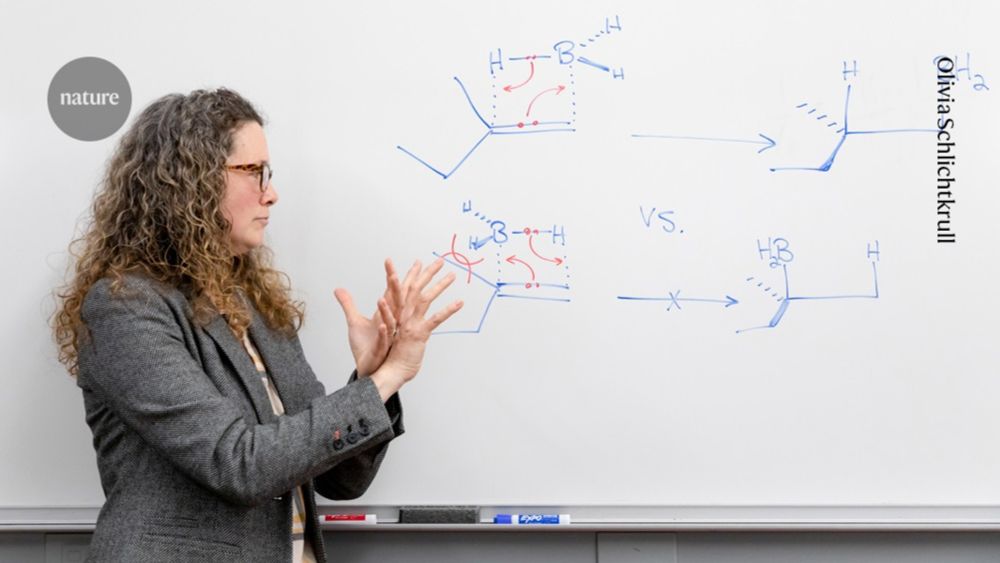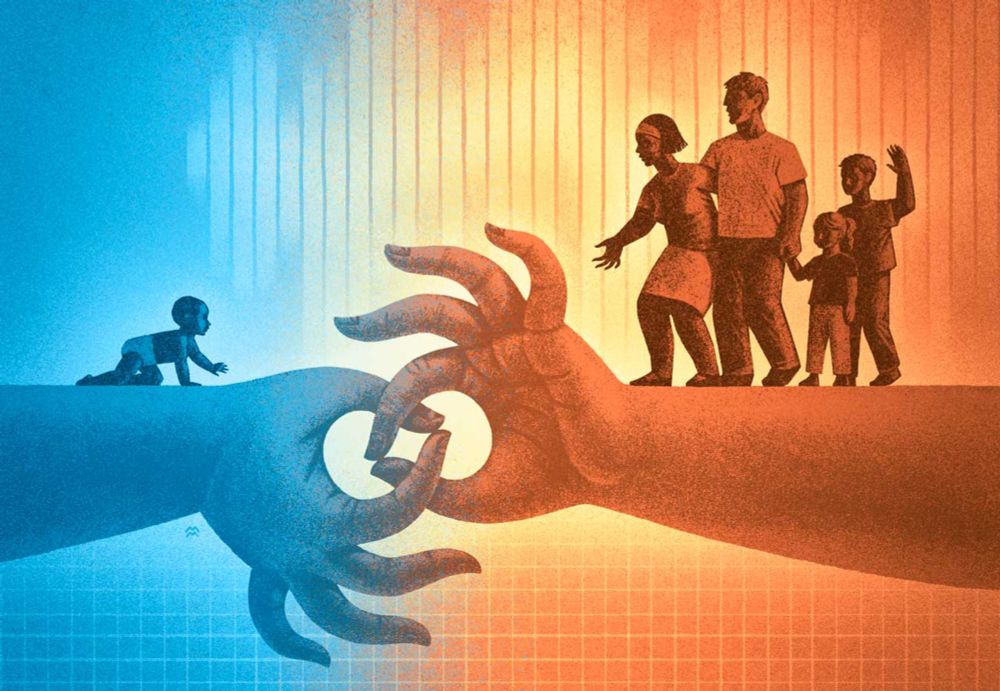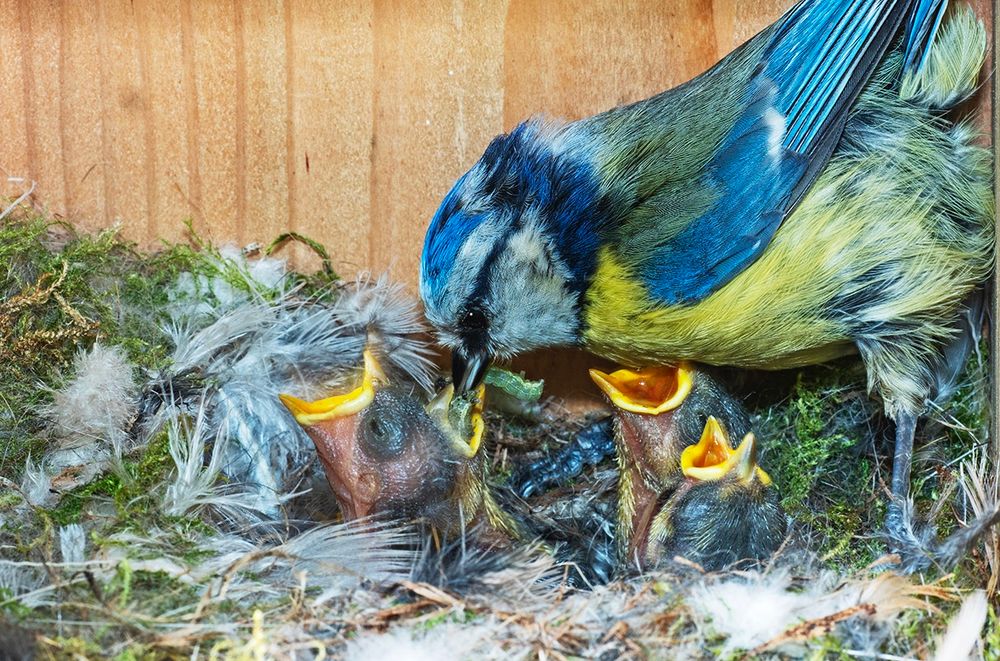Cathleen O'Grady
@cathleenogrady.bsky.social
4.9K followers
870 following
43 posts
Science journo at @science.org, writing about science & society, research integrity, and other places where the scientific rubber hits the road. 🇿🇦🏴🇷🇸
Tip? Find me on Signal at cathleen_ogrady.14
Posts
Media
Videos
Starter Packs
Reposted by Cathleen O'Grady
Reposted by Cathleen O'Grady
Reposted by Cathleen O'Grady
Reposted by Cathleen O'Grady
Jason Bittel
@bittelmethis.bsky.social
· Mar 18
Reposted by Cathleen O'Grady

